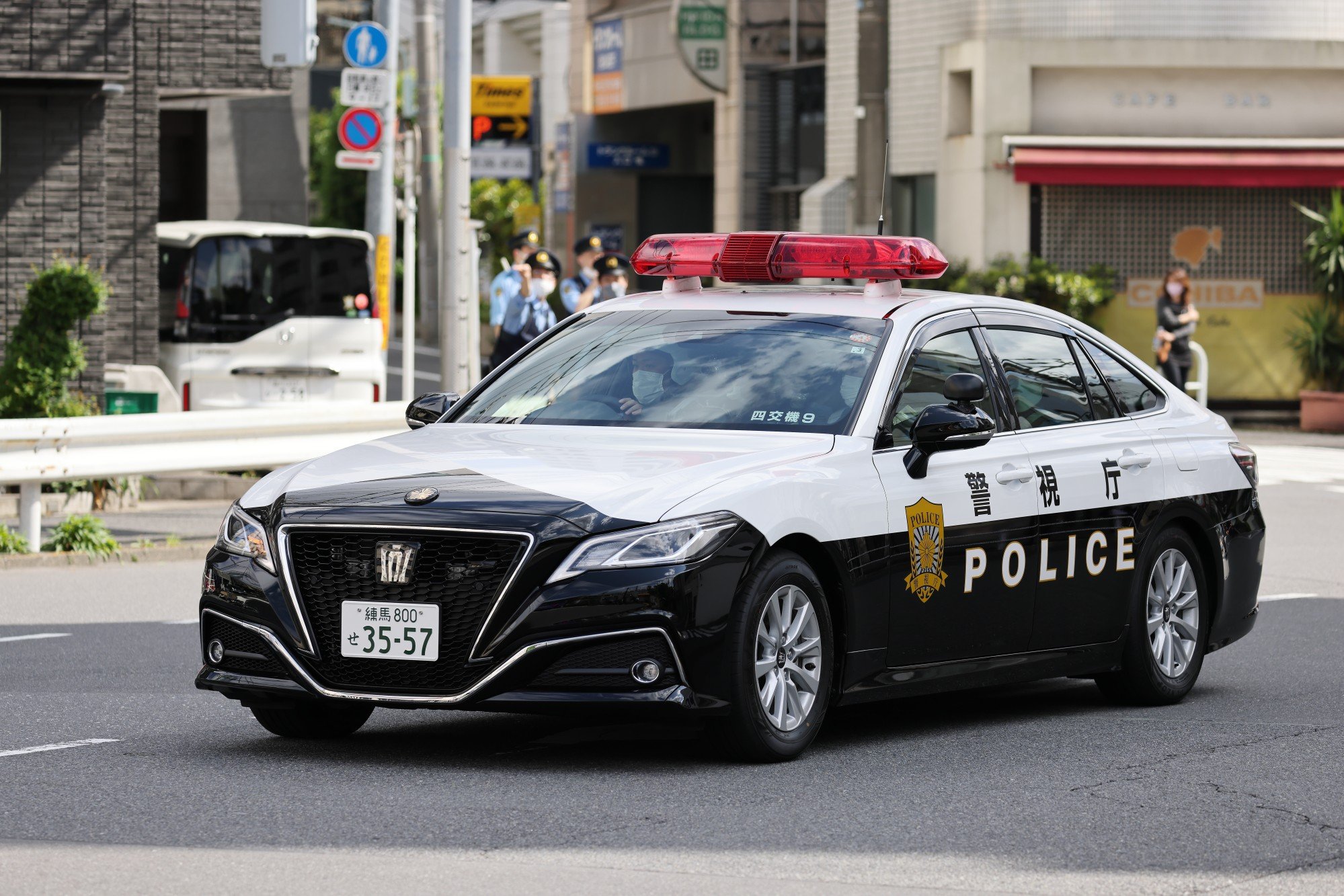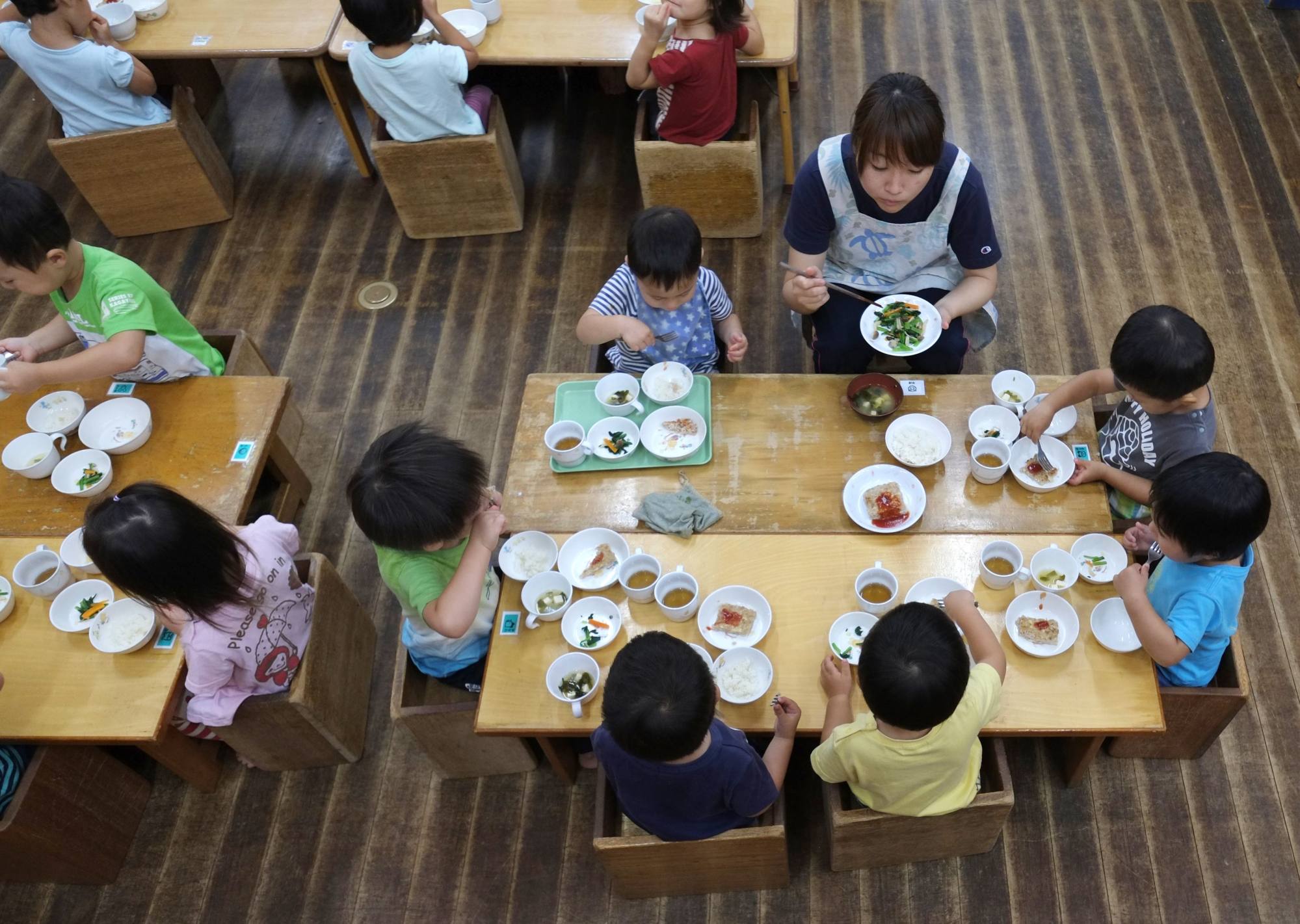Police in Japan reported a record number of child abuse cases last year, with experts suggesting that parents facing rising prices and stagnant wages were taking their frustrations out on children, while more cases are coming to light because schools are being more proactive in identifying victims.
A total of 122,806 cases were reported to child welfare centres across the country in 2023, a sharp increase of 6.1 per cent from the previous year, according to preliminary figures released by the National Police Agency on February 8. The number of cases has risen every year since records were first compiled in 2004.
While one expert says Japanese society is becoming partially accustomed to repeated media reports of abuse, some cases still have the power to shock.

There has been an outpouring of anger on social media after police Wednesday arrested Kenichi Hosoya, 43, and his wife Shiho, 37, for the alleged killing of their four-year-old daughter in March last year.
Police were called to the family’s home in Tokyo last year, after receiving a call that Yoshiki Hosoya had been found unconscious. The girl was confirmed dead in a hospital an hour later.
Police were suspicious of Yoshiki’s death and over the last year gathered sufficient information to issue arrest warrants. According to local media reports, an autopsy found the antifreeze agent ethylene glycol and large amounts of olanzapine, a medicine for treating mental conditions, in the child’s body.
A search of the couple’s computer turned up online purchases of the chemical and the drug, while it was also reported that ethylene glycol was detected in the body of Hosoya’s older sister, who died in 2018 at the age of 41.
“It is a tragic case, but it is also an unusual case,” said Fujiko Yamada, who founded the Child Maltreatment Centre in Kanagawa Prefecture 26 years ago. “Yoshiki’s death appears to have been premeditated and planned over a long time, while most cases involving the death of a child are spur-of-the-moment incidents.
“There may have been abuse for an extended period of time in those cases, of course, but the deaths typically occur suddenly,” she said.
Japan approves anti-spanking law following fatal child abuse cases
Japan approves anti-spanking law following fatal child abuse cases
Most child abuse cases in Japan involve parents exercising power over a child and the motive is not to kill, she said, which made this case unusual.
Social media users have expressed outrage over the case, with one comment in response to a story published on the Tokyo Broadcasting System website stating: “Even animals raise their young with care. This child’s parents are demons in human form.”
Another added, “I’m speechless. What kind of mind thinks to poison a four-year-old child to death slowly?”
A message from a user lamented changes in Japanese society. “Recently, cases like this have become more common. Abuse, molestation, killing children, domestic violence. Things have changed dramatically from the past, when people focused on morality, discipline, dignity and overcoming hardship. The darkness of modern society is deepening,” the poster said.
I believe more schools and day care centres have been able to spot signs of neglect or abuse and are reporting those cases to the police
An examination of media coverage of recent cases would tend to support those criticisms, with police in the Hokkaido city of Hakodate on Saturday arresting a man for grabbing his girlfriend’s 10-year-old daughter by the neck and throwing her to the floor.
In November, a woman from Saitama Prefecture was sentenced to 13 years in prison for fatally abusing a five-year-old boy, with the court hearing that she and two friends threw the boy around a room in the house where they all lived until he died, and then buried his body beneath the floorboards.
“There are many factors behind the rising numbers,” Yamada said. “One of the main causes is that many parents are having money problems as prices rise, and their incomes stay the same, so they are experiencing stress.
“The coronavirus has also passed, and I believe more schools and day care centres have been able to spot signs of neglect or abuse and are reporting those cases to the police.”

Yamada said she believed the scandal involving Johnny Kitagawa, the late music mogul who was last year revealed to have abused hundreds of aspiring singers under his tutelage, had also led to a greater recognition of sexual abuse of boys last year.
She anticipated reports of sexual abuse of boys would continue to rise as a result of that greater awareness. “These figures show us that cases that were successfully covered up in the past are now being detected and reported. That has to be a good thing,” she said.
Yamada was also optimistic about a new government scheme being introduced in April, that will see the opening of a child and family centre in every community across the country to support parents and protect children.
“Setting these centres up is a good step in the right direction, but the government must now make sure that they continue to fund them so they can be effective,” she said.

